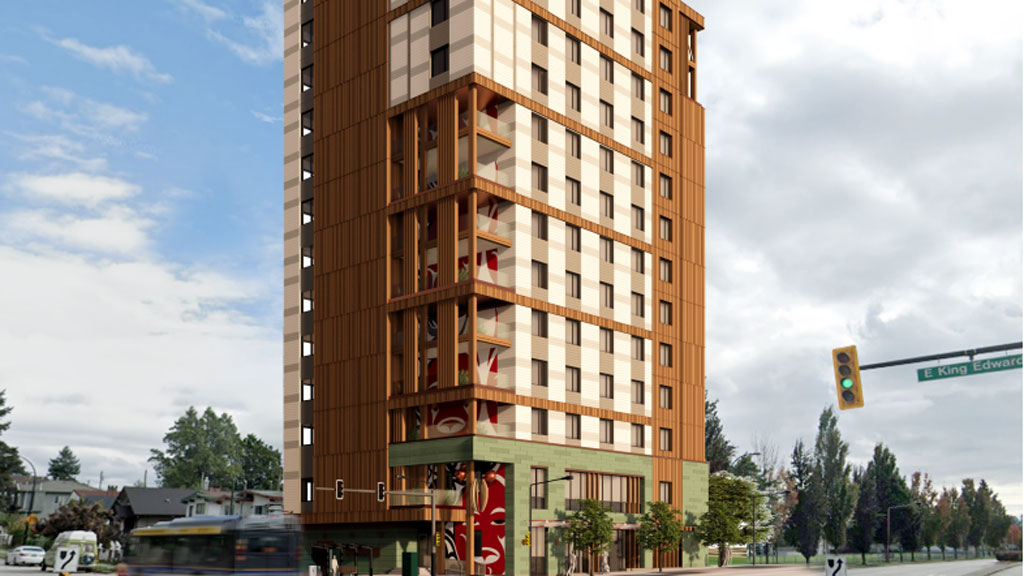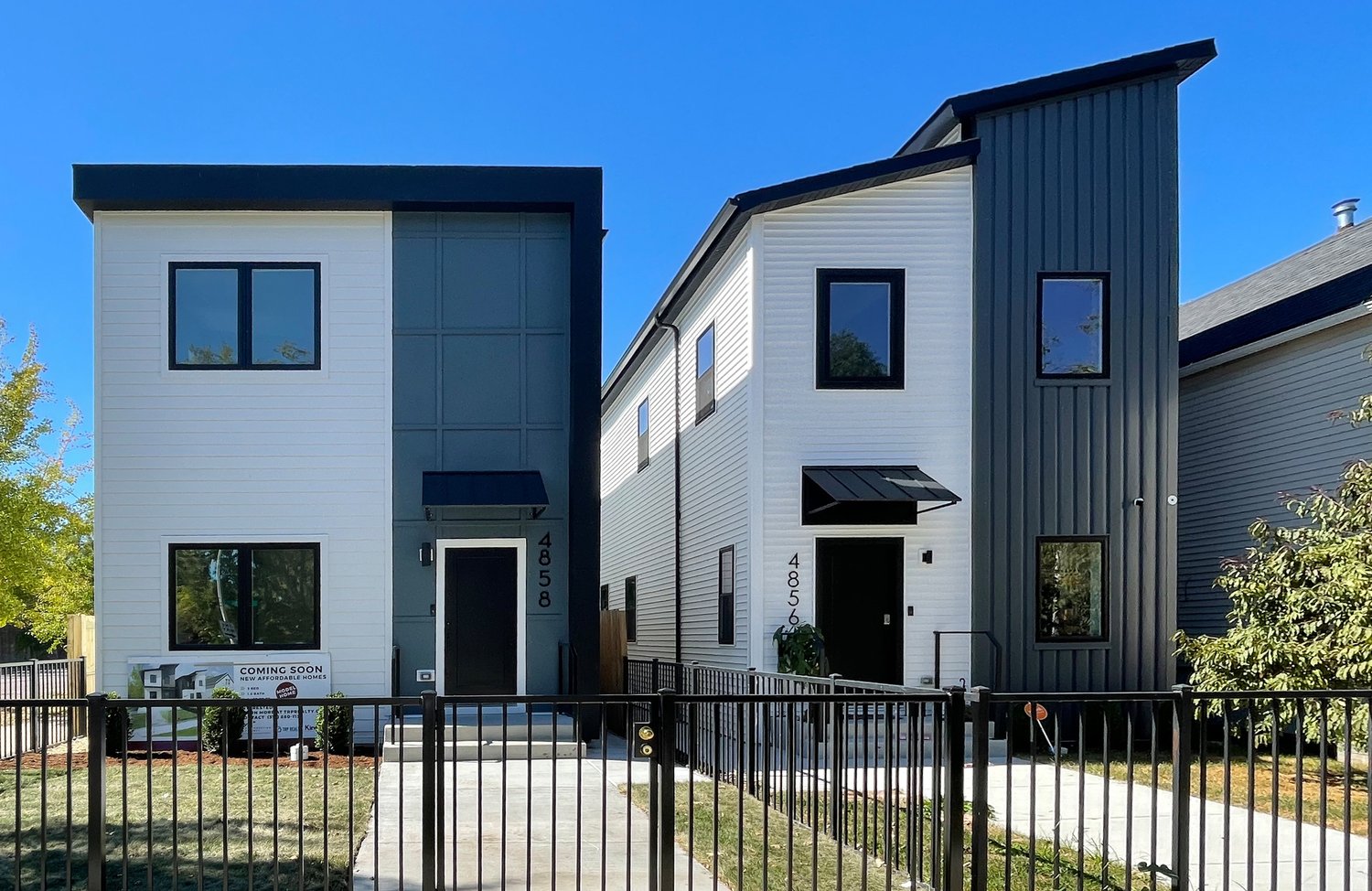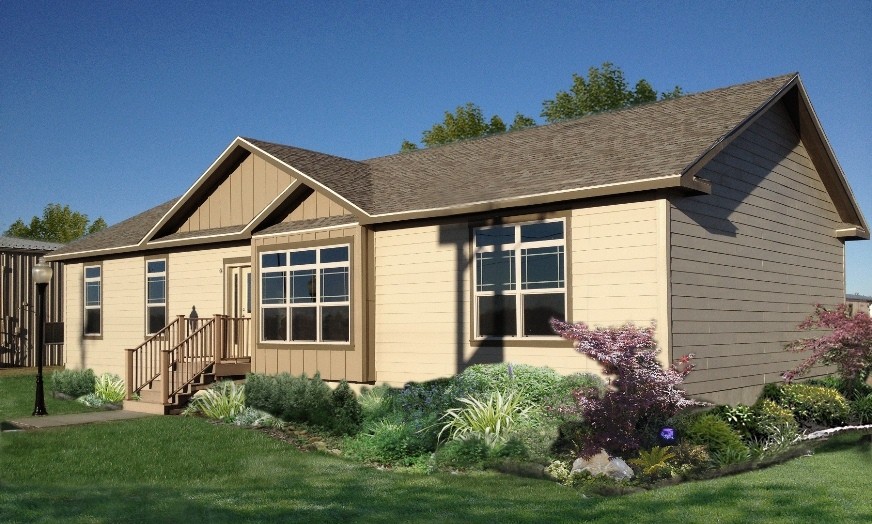When it comes to finding solutions to affordable housing, very few major cities can match the efforts of BC Housing.

The 14-story building located in east Vancouver between 1406 and 140 E King Edward Ave. will contain approximately 109 homes with a mix of affordable rental housing and homes with supports.
The King Edward project is one of the largest modular projects taken on by BC Housing, an initiative that began in 2017 as a response to homelessness throughout Vancouver.
This is one of the largest modular projects taken on by BC Housing, an initiative that began in 2017 as a response to homelessness throughout Vancouver.
As of March 31, 2021, BC Housing subsidized nearly 19,000 shelter spaces, housing units, and rent supplements for those experiencing, or most at risk of experiencing, homelessness. This included:
- More than 12,800 supportive and transitional housing units.
- Over 2,200 permanent shelter spaces.
- Approximately 1,140 temporary shelter spaces were available at some point in 2020/21 Temporary Shelters may be operating for 12 months or more in order to meet a community need and may be associated with future development. Typically, they operate 24/7.
- The Province funded approximately 400 extreme weather response shelter spaces across B.C. Extreme weather response beds are made available through the winter season, November 1 to March 31, in a community where an extreme weather alert is issued. *Note extreme weather spaces were impacted by social distancing requirements.
BC Housing learned from initial forays into modular housing included an increased familiarity with modular supply chains and an ability to leverage those supplies to bring cost certainties when budgeting. From 2017 well through to 2020, BC Housing saw a significant escalation in the construction industry and in Vancouver to the tune of 16 percent over the course of those years. Yet, with our modular projects, they were able to really minimize the escalation that they experienced with their project budgets.

The learning process also meant being able to design and build projects that “take advantage of scaled modular build forms so that you can design a building that’s very architecturally appealing.
CLICK HERE to read the entire Journal of Commerce article



